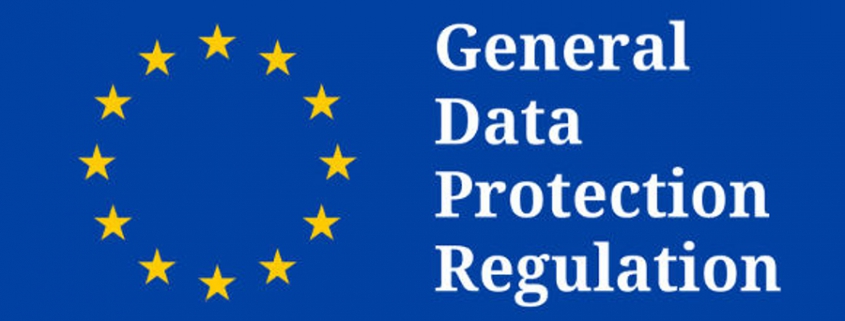More newfangled legislation relating to the protection of personal data, triggered by bad actors such as PPI salespeople and ambulance-chasing lawyers.
As 2018 rolls around, we will begin to see consumers’ growing awareness of the value of their personal data and how nonchalantly brands and companies have been trading in it. This important and wide-ranging piece of regulatory reform will have a significant impact on the operations of any business using personal data. Specifically, banking and payments are set to be two of the sectors most affected.
Above all else, this legislation is designed to be used against brands and companies illegally using consumers’ data. As such this is focused on the B2C channels.
In an interview with one of the companies tasked with generating awareness of the new rules – Trunomi (www.trunomi.com) The Advertist was advised that the normal processes of B2B outreach should not be affected. Companies still have to do business with other companies and the new GDPR laws have not been designed to impede this.
However, although the laws have been designed as a tax on banks, insurance and consumer products, these very companies are usually the first to hire expensive lawyers to fight any impending prosecution. So there is a chance that the enforcers of GDPR may start to manipulate the rules to target those brands and companies less likely to lawyer up.
Any lawyer will tell you that at the heart of the new GDPR rules is the word consent.
For new business developers, it’s all about consent. What constitutes consent? In the B2B world, having one’s contact information on a company web site or details generally available through limited research online constitutes consent.
In its gathering and curation of contact data, The Advertist guarantees that no misleading or disingenuous means have been used to gather our data. We don’t buy in lists, we generate data ourselves using exactly the same methods that would be expected to be used to pull together company and marketing contact information. No misleading telephone calls are made to dupe companies into handing out sensitive data, unlike some of our competitors. We do it all through thorough human research, doing all the hard work, so you don’t have to.
While we recognise that not all new business services are created equal, we are pleased to assure our clients that they will be able to continue to use our hand-crafted data for their own new business outreach, confident that it is all in full compliance with the new GDPR rules.





Leave a Reply
Want to join the discussion?Feel free to contribute!